Managing brand reputation in an increasingly hostile social media era
“When it comes to social media, no brand or individual can know who is next. With growing awareness among consumers, access to information online and the platform and freedom to share views and opinions online, anyone can be a target,” Sonam Shah, Founder and CEO, Treize Communications, rightly points out this market reality for every PR professional, agency and marketer.
While social media has become an influential platform for individuals and communities to voice their opinions, the phenomenon of boycott and cancel culture has also gained significant momentum. The users of social media are increasingly wielding their power to call out brands and hold them accountable for actions or statements deemed offensive, controversial, or contrary to popular sentiment. This has created new challenges for the Public Relations (PR) industry, as companies must navigate the treacherous waters of boycotts while safeguarding their brand reputation and ensuring continued consumer trust.
In an earlier report dated March 27, 2023, Adgully had explored the new guidelines for crisis management in the current market ecosystem. This report continues with further delving into the new age challenges of crisis management and how to tackle them.
Speaking about the ways to successfully address this challenge, Sonam Shah said, “What brands, especially consumer-facing brands or D2C brands/ models need to have is good social media monitoring in place. This will help track consumer sentiments so they can take the right action in a timely manner. Along with this, they need to have a strong PR and Digital Agency in place too. These agencies should be well prepared and agile to serve in case any crisis arises. Social media is a place where users easily believe whatever they come across, so brands need to up their game when it comes to creating consumer awareness and work towards creating a transparent connection to build trust.”
She further said, “Ideally, as the old saying goes – prevention is better than cure, but in this scenario, it’s not the case. If you keep focusing on prevention, innovations and creativity will get affected and brands need that to sustain and build long-term identity and recall.”
Hemant Sadkar, Senior Consultant, PR & Media Communications, Simulations, noted, “We live in the age of social media and brands are just one post or feed away from any controversy. Social media activism is a powerful tool that can be used to hold brands accountable, but we have seen that even well-intentioned campaigns have drawn flak on social media. Brands have a very thin rope to walk on to stay true to themselves while avoiding unnecessary controversies. It is important for brands to be aware of their social media presence, gauge how consumers and social media activists are reacting to their values, and assess the impact on their reputation. Brands can avoid falling prey to such activism by imbibing transparency practices and focusing on their values. It is also essential to take a stand and communicate proactively with customers.”
Speaking about the important role of communications professionals, Sadkar said, “Communications professionals are responsible for managing the brand’s reputation by ensuring that its messaging is consistent with the brand’s values, and naturally are under tremendous pressure during times of social media activism. They are required to be prepared to respond quickly to any negative comments or feedback on social media. They also need to understand the concerns of social media activists and respond in a way that is respectful and empathetic.”
Shah pointed out that during any crisis, a PR professional has to go through multiple tasks at one time. Starting from drafting quick responses, being available to media queries, consulting the client and convincing them to take the official route and coordinate internally within teams to streamline the process and not create miscommunication or further crisis, all of this needs to be addressed in a short span of time. If the brand or the crisis is big, it may require a press conference to address the issue. There are a series of steps which need to happen simultaneously and this can build pressure on the professional.
According to Shah, the first step is always to acknowledge and accept the situation.
“Discuss with the client and then take the next step, which could be either releasing an official statement or a press release. Time-bound action is a critical aspect of any crisis management,” she advised.
Sadkar considered having a plan as the first step for crisis management, as well as the key to tackling such unforeseen situations. He said, “We identify the potential crisis and its impact and are prepared in advance. We evaluate the crisis and give an appropriate response to prevent any damage to the brand. As a professional, we also take care to be empathetic and respectful in our communication with customers.”
Commenting on the updated set of guidelines for the PR industry, Shah said, “We are living in times where everything is evolving at a very fast pace. Learning and unlearning has to go hand in hand. If you know your work and are good at it, these become testing times and an opportunity to showcase it.”
She further said, “If your base as a PR is set, then it will not be challenging for you to handle a crisis. Some skills freshers entering the industry should know would be to stay updated with the news and latest trends, work on your media relations and also content writing skills. Read as much as you can, any kind of reading helps to start with. These can build a strong base in the long term.”
The PR industry has evolved significantly in recent years due to the rise of social media activism, noted Sadkar, adding, “Brands are expected to be more transparent and authentic in their messaging and to take a stand on issues that matter to their customers. Regarding skill sets, communication professionals need to understand the impact of social media activism on the brand, proactively address issues before they become problems, communicate effectively with stakeholders, work under pressure and respond quickly. With these skills, communication professionals can help their brands navigate the challenges of social media activism and build trust with customers.”


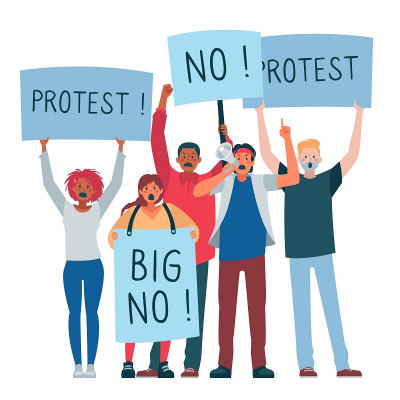




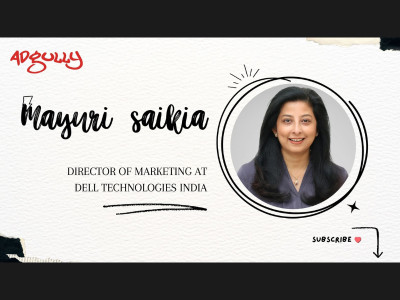
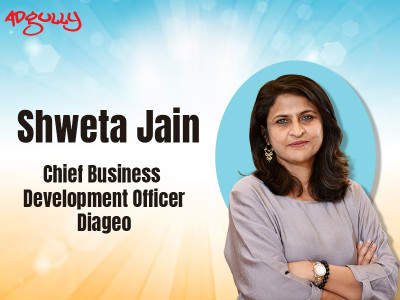
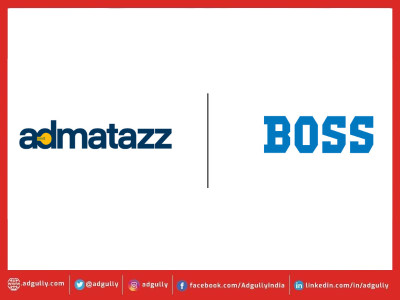
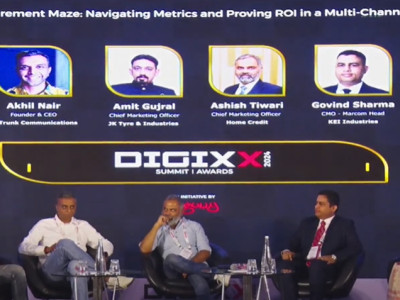

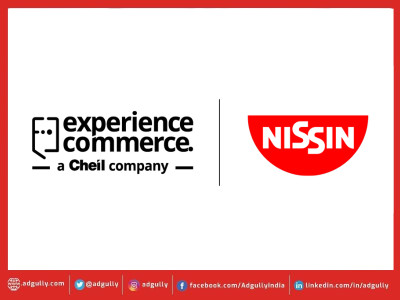

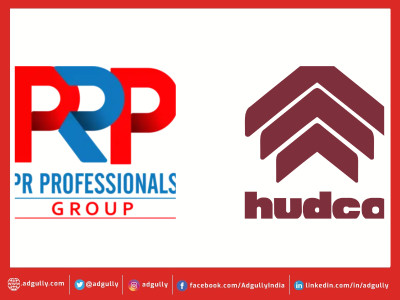

Share
Facebook
YouTube
Tweet
Twitter
LinkedIn